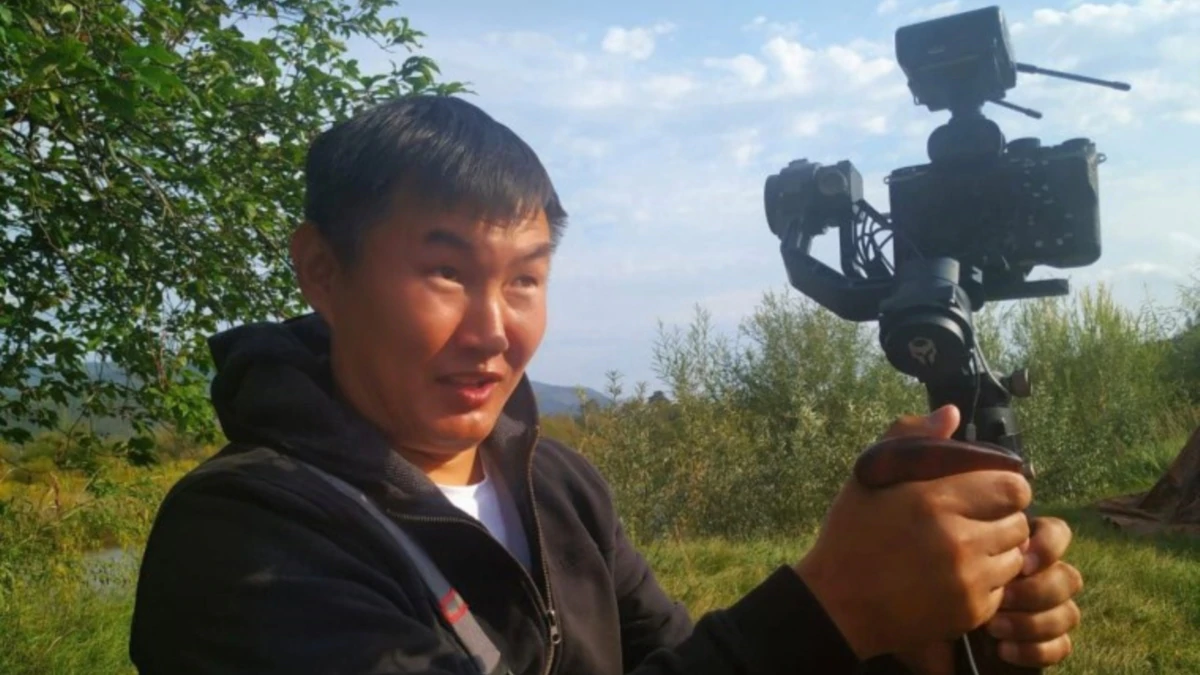
The Committee to Protect Journalists (CPJ) is urging Russia to immediately release a journalist and blogger who was detained after attending a rally in support of jailed opposition politician Aleksei Navalny in the eastern region of Buryatia last month.
“Russian authorities should release journalist Dmitry Bairov, drop all charges against him, and allow journalists in Russia cover political protests freely and without a fear of being prosecuted by the state,” Gulnoza Said, the media watchdog’s Europe and Central Asia program coordinator, said in a statement on February 10.
Said called on law enforcement to “ensure safe conditions for journalists who are doing an important job, not intimidate them with arrests on trumped-up charges.”
Bairov is the founder of Respublika Buryatia, a YouTube channel with about 26,000 subscribers in which he and other bloggers post commentary on local sociopolitical issues and alleged corruption. He is also a freelance correspondent for The Communist Of Buryatia newspaper.
On January 28, Bairov was detained in Ulan-Ude, a city in Buryatia, and sentenced to 25 days in detention for his alleged participation in a January 23 nationwide demonstration in support of Navalny.
Bairov denied the charge, saying he was at the rally as a journalist for his YouTube channel and on assignment for The Communist Of Buryatia.
His wife told the CPJ that Bairov went on hunger strike on January 29 to demand a fair trial.
On February 1, the Supreme Court of Buryatia denied Bairov’s appeal, after which he continued his hunger strike and also refused to drink liquids, Yekaterina Bartayeva said.
Three days later, Bairov stopped the hunger strike as he was hospitalized with intense stomach pain and fatigue, according to Bartayeva.
She said her husband was discharged from hospital and transferred back to a detention facility in Ulan-Ude on February 8.
In a February 5 hearing, the Supreme Court of Buryatia ruled not to count the days Bairov spent in hospital toward the 25 days of his sentence, Bartayeva said.
Bairov’s prosecution came amid an ongoing crackdown on Navalny’s associates and protesters calling for his release from prison.
Navalny was arrested on January 17 upon his return to Russia from Germany, where he was being treated for a nerve-agent poisoning that he says was ordered by President Vladimir Putin, which the Kremlin has denied.
On February 2, the anti-corruption campaigner was sentenced to 3 1/2 years in prison for violating the terms of probation while recuperating in Germany in a case that has caused domestic and international outrage.
He had been serving a suspended sentence relating to an embezzlement case that he has called politically motivated. Given credit for time already spent in detention, the court said the Kremlin critic would have to serve 2 years and 8 months behind bars.
This post was originally published on Radio Free.